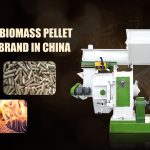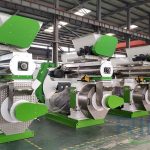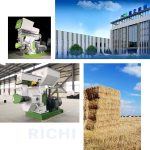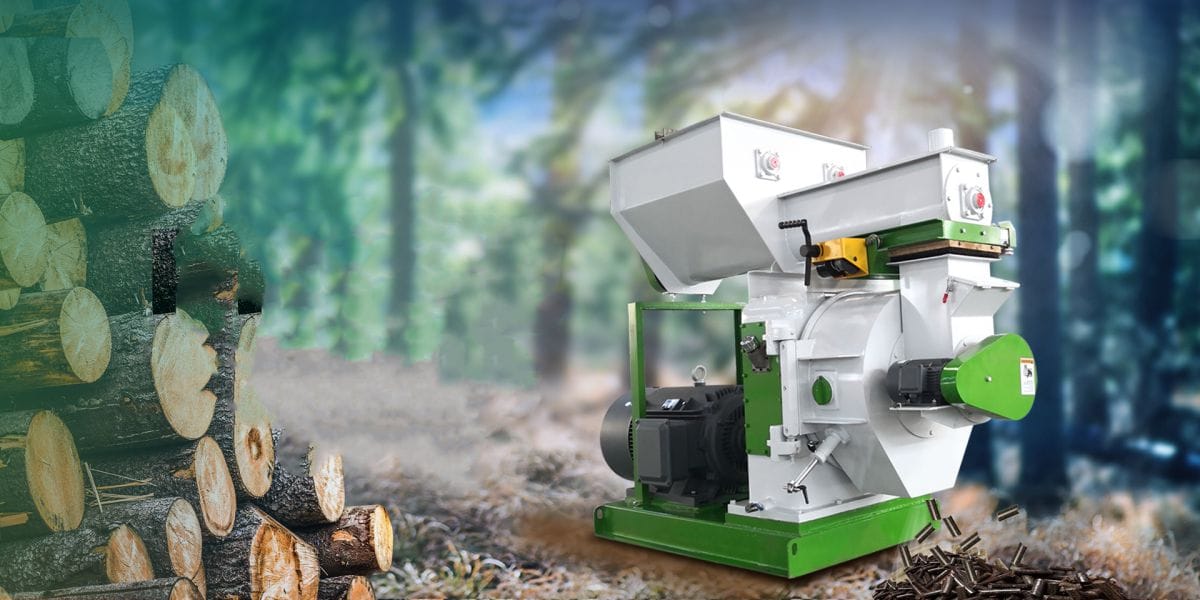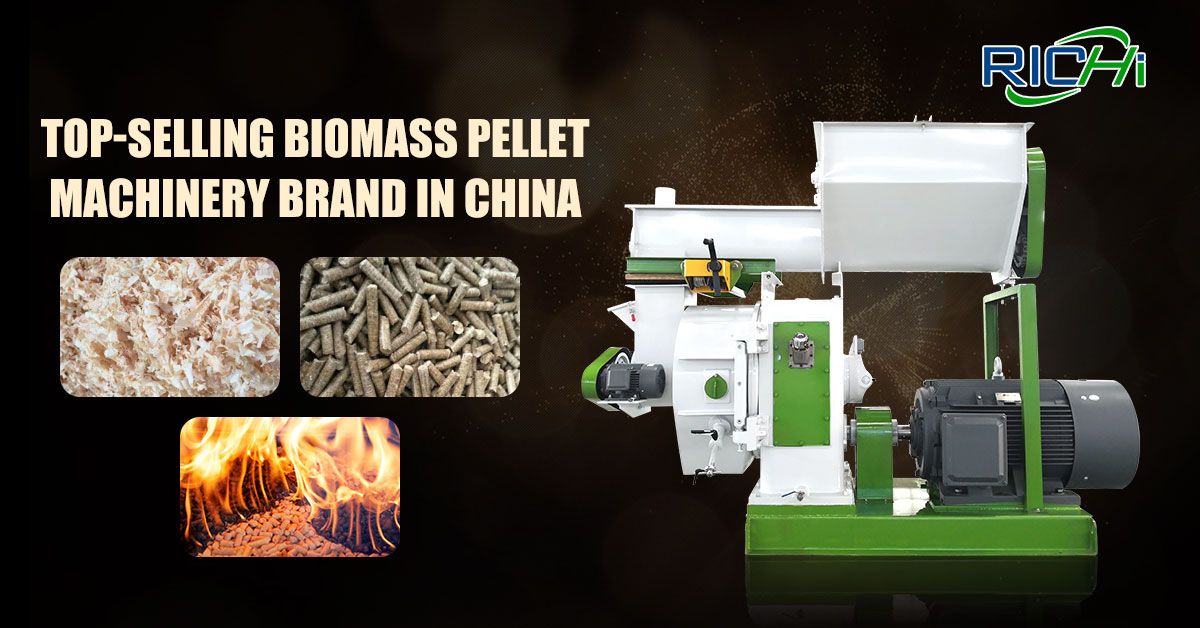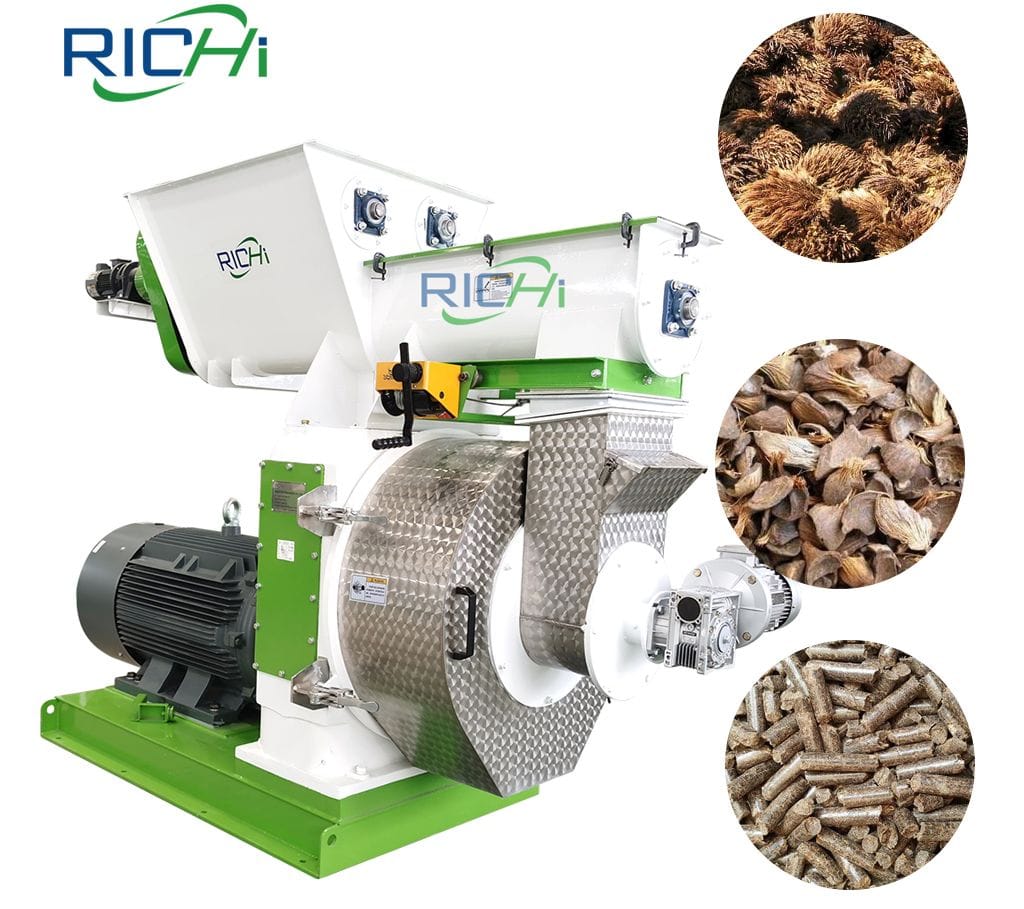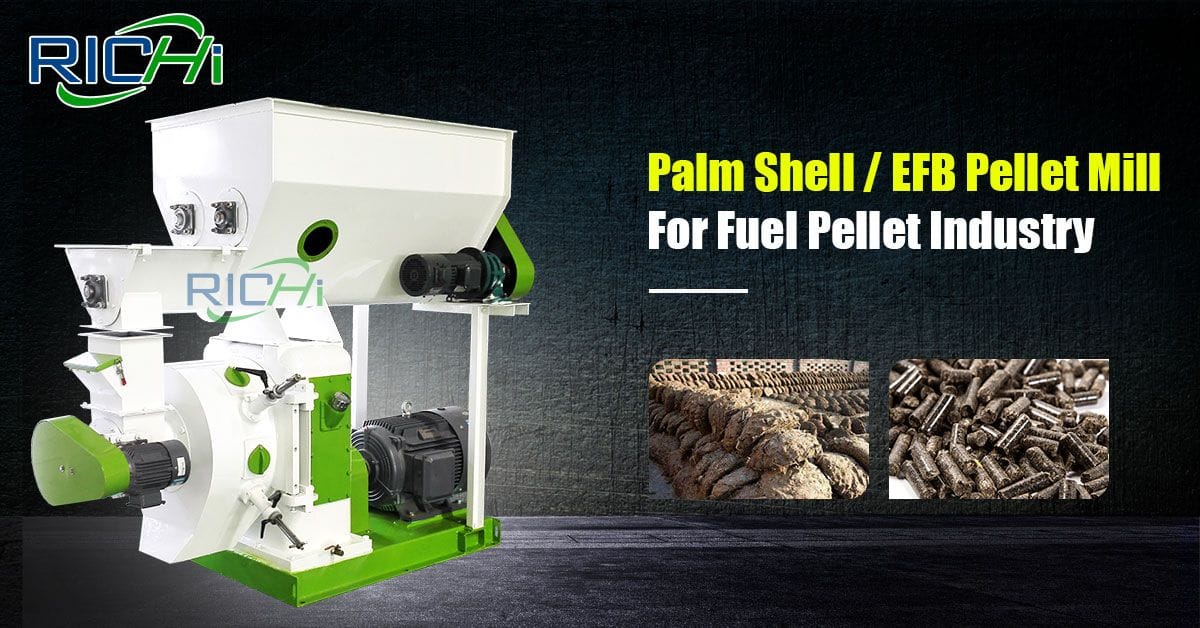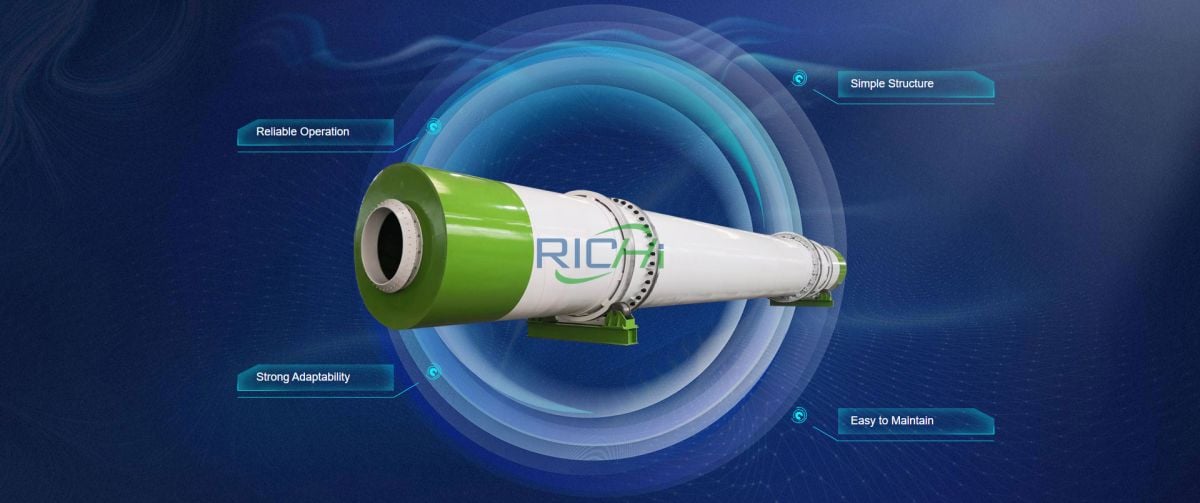As the world increasingly embraces sustainable and renewable energy solutions, the demand for wood pellets as a biomass fuel source has witnessed a remarkable surge. Indonesia, a nation endowed with abundant forestry resources and a burgeoning renewable energy sector, presents a promising market for wood pellet mills. These specialized machines play a crucial role in transforming wood waste and residues into dense, energy-rich pellets, offering a cost-effective and environmentally friendly alternative to traditional fossil fuels.In this article, we’ll delve into the world of wood pellet mill for sale in Indonesia, exploring the market landscape, key considerations for prospective buyers, and the potential impact of this technology on the country’s energy transition.
The Rise of Wood Pellets in Indonesia
Indonesia’s commitment to reducing its carbon footprint and diversifying its energy mix has paved the way for the growth of the wood pellet industry. With vast expanses of forestry resources and a thriving wood processing sector, the country has recognized the potential of wood pellets as a sustainable and locally sourced fuel source.Wood pellets offer several advantages over traditional biomass fuels, including higher energy density, improved handling and transportation, and consistent combustion characteristics. These qualities have made wood pellets an attractive choice for residential heating, industrial boilers, and co-firing in power plants, driving the demand for efficient and reliable wood pellet production equipment.
Key Considerations When Purchasing Wood Pellet Mills
Investing in a wood pellet mill is a significant decision that requires careful consideration of various factors to ensure a successful and profitable operation. Here are some key aspects to consider when exploring wood pellet mills for sale in Indonesia:
- Production Capacity: Determine the desired production capacity based on your anticipated demand for wood pellets. Wood pellet mills are available in various sizes, ranging from small-scale units for residential or farm use to large-scale industrial systems capable of producing thousands of tons of pellets per year.
- Feedstock Availability and Quality: Assess the availability and quality of wood waste and residues in your local area. Consistent feedstock supply and quality are crucial for maintaining efficient and cost-effective pellet production.
- Energy Efficiency and Sustainability: Prioritize wood pellet mills that incorporate energy-efficient technologies and sustainable practices, such as waste heat recovery systems and renewable energy integration. These features contribute to long-term cost savings and environmental responsibility.
- Automation and Control Systems: Evaluate the level of automation and control systems offered by the wood pellet mill. Advanced features can improve process efficiency, consistency, and quality control, reducing the risk of human error and ensuring optimal pellet production.
- Maintenance and Support: Consider the manufacturer’s reputation for quality, after-sales support, and availability of spare parts and technical assistance. Proper maintenance and support are crucial for ensuring the longevity and optimal performance of the wood pellet mill.
- Regulatory Compliance: Ensure that the wood pellet mill complies with relevant local and international regulations, standards, and certifications related to emissions, safety, and environmental protection.
- Budget and Financing Options: Determine your budget for the wood pellet mill and explore potential financing options, such as leasing or loans, to spread the investment over a longer period.
Sourcing Wood Pellet Mills in Indonesia
When it comes to sourcing wood pellet mills in Indonesia, prospective buyers have several options to explore:
- Local Manufacturers and Suppliers: Indonesia has a growing number of domestic manufacturers and suppliers offering wood pellet mills tailored to the local market. These companies can provide valuable insights into the specific requirements and regulations within the country.
- International Manufacturers and Suppliers: Reputable international manufacturers and suppliers of wood pellet mills may also have a presence in Indonesia or offer export options. These companies often bring extensive experience and cutting-edge technologies to the market.
- Online Marketplaces and Auctions: Online platforms, such as industry-specific marketplaces and auctions, can be valuable resources for finding new and used wood pellet mills from various sellers, both domestic and international.
- Industry Events and Trade Shows: Attending industry events, trade shows, and exhibitions can provide opportunities to connect with manufacturers, suppliers, and industry experts, allowing for hands-on evaluation of wood pellet mills and potential networking opportunities.
Related post: https://www.richipelletmachine.com/wood-chip-pellet-machine/
The Impact of Wood Pellet Mills on Indonesia’s Energy Transition
The adoption of wood pellet mills in Indonesia has the potential to contribute significantly to the country’s energy transition and sustainable development goals. By leveraging the nation’s abundant forestry resources and wood processing waste, the production and utilization of wood pellets can offer several benefits:
- Reduced Dependence on Fossil Fuels: Wood pellets provide a renewable and locally sourced alternative to fossil fuels, reducing Indonesia’s reliance on imported energy sources and contributing to energy security.
- Greenhouse Gas Emission Reductions: The combustion of wood pellets is considered carbon-neutral, as the carbon dioxide released during burning is offset by the carbon absorbed by the trees during their growth cycle. This can help Indonesia achieve its emission reduction targets and mitigate the impacts of climate change.
- Economic Opportunities and Job Creation: The establishment of a robust wood pellet industry can create new economic opportunities and jobs in rural areas, supporting local communities and promoting sustainable development.
- Waste Utilization and Resource Efficiency: By converting wood waste and residues into valuable energy sources, wood pellet mills contribute to improved resource efficiency and waste management practices within the forestry and wood processing sectors.
As Indonesia continues to embrace renewable energy solutions and strive towards a more sustainable future, the availability of wood pellet mills for sale presents a promising opportunity for investors, entrepreneurs, and energy providers alike. By carefully considering the key factors, sourcing options, and potential impact, stakeholders can make informed decisions and contribute to the country’s energy transition while promoting economic growth and environmental stewardship.
